In our kitchen sits a gleaming new Smeg induction range cooker that disnae work.
It’s been there for weeks now, awaiting the outcome of interminable wrangles with customer services. A month after the appliance broke down, they did produce an engineer who attempted a repair, but, sadly, he had not been supplied with enough spare parts to get us cooking again.
We have now entered the most difficult stage of the negotiations, where we seek redress in the form of a replacement cooker.
Wish us luck. For we live on the Isle of Harris.
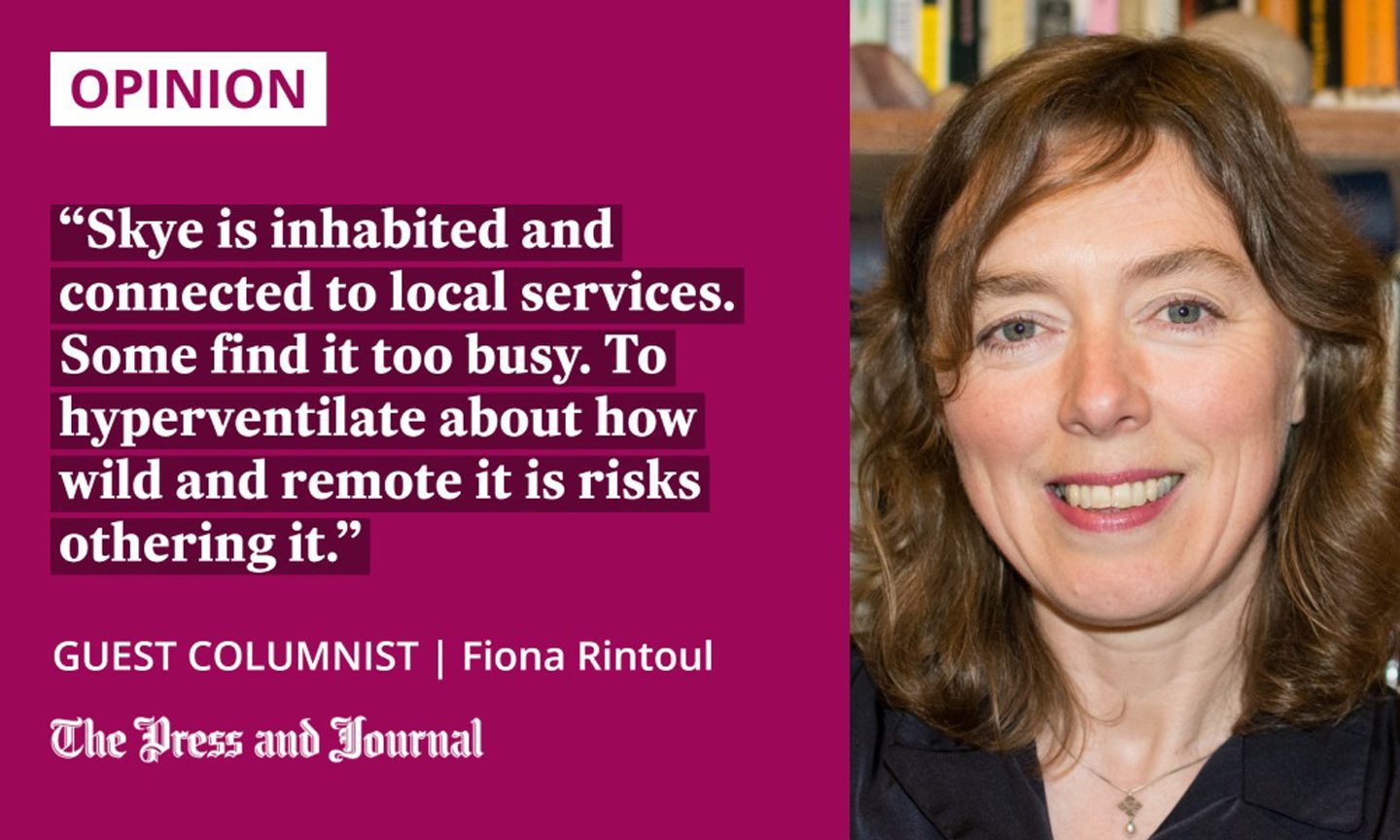
The last time I looked, that was part of the UK, but you wouldn’t think so from customer services’ response to our request that they replace our gubbed, six-month-old appliance with one that works.
Turns out your UK warranty isn’t a UK warranty, chums. It’s a warranty for some parts of the UK and not others. Silly islands and far-flung Highland glens will only be serviced if the customer services representative is in a good mood that day. Which they won’t be.
I live in a so-called remote location
This is what it means to live in a so-called remote location. The settlement of Rhenigidale where we stay isn’t really remote. There is a road to our front door. You can be in Stornoway in 45 minutes. Last month, I left our house at 7am one morning and was in Berlin by 1:30pm local time.
However, there is a perception of remoteness, which is all to do with us not being close to an urban centre. That perception is permissive. It allows customer services to throw up their hands when you ask for a faulty appliance to be replaced.
We can’t possibly send an appliance out there. Our delivery partners don’t go there. Haven’t you noticed the water sloshing about between us and you?
This is why a recent Observer article by the writer Edward Docx about a trip to Skye entitled “Once a year I lose myself in the Hebrides to walk and think – before going back to the life I love” caused a stink as strong as otter spraint among the Highlands and Islands commentariat.
Stop othering the Islands
Can’t Mr Docx lose himself in the bleak, windswept hinterland of Hackney, or wherever he lives in London? Does he have to turn what was effectively a solo holiday into “sudden solitude shocking and precipitous” just because he’s on an island? We’re all on islands in the UK, after all.
It really didn’t help that he confessed to taking everything with him to avoid going to local shops
It didn’t help that he doesn’t know where Skye is and placed it on the Western Isles, before the doughty subs at Guardian Towers caught on and amended this to the rather general “Hebrides”. And it really didn’t help that he confessed to taking everything with him to avoid going to local shops.
Arggh! Does he know nothing of local sensibilities? It would seem not.
But, hey, we’ve probably all travelled outside our normal environment and been brought face to face with ourselves in an abrupt way that doesn’t happen at home. We’ve all gazed upon a landscape that is, to us, exotic and been overcome by breathy superlatives.
The problem is not that Mr Docx is excited by the landscape. I get excited by the landscape outside my door, too. The problem is that Skye is inhabited and connected to local services. Some find it too busy. To hyperventilate about how wild and remote it is risks othering it. And othering it helps excuse policy choices that deprioritise island communities.
Islanders want the same services as everyone else
Mr Docx tell us that he goes to Skye “to think and to be in a different way”. It’s “more like thinking and being in the way of becoming just another human being again”. I’m not sure what kind of thinking he does away from Skye – important urban thinking, perhaps – but he’s hit the nail on the head, because “just another human being” is exactly what islanders are.
As Iain Crichton Smith wrote in Towards the Human: “The islander, just like anybody else, is concerned with ambition and all the other emotions that corrupt the inhabitants of the world.” As such, islanders, just like anybody else, want reliable transport connections, decent broadband and vaguely acceptable customer services.
There are places in Scotland that are far from transport connections and can feel remote. Often, that’s because they were cleared, or because we’ve become obsessed with road access. I recently did a three-day walk in the Pairc deer forest. There are no paths or inhabitants, but, if you have a boat, you can be at one of the abandoned settlements in minutes from Tarbert.
Inhabited settlements in the Highlands and Islands, of which there are a great many, are categorically not remote. They are Scottish communities like any other. As such, they deserve the same services as everyone else, and we’ll struggle to succeed as a country until we grasp that.
Fiona Rintoul is an author and translator
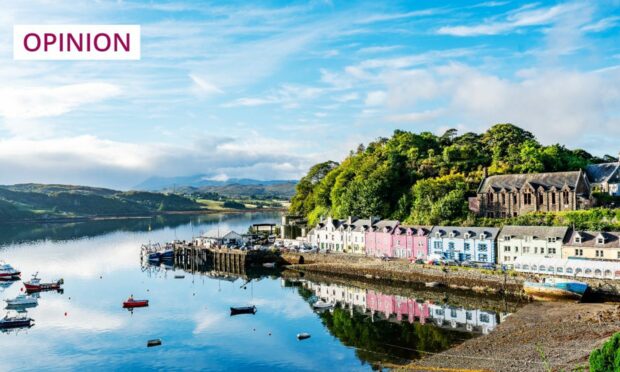
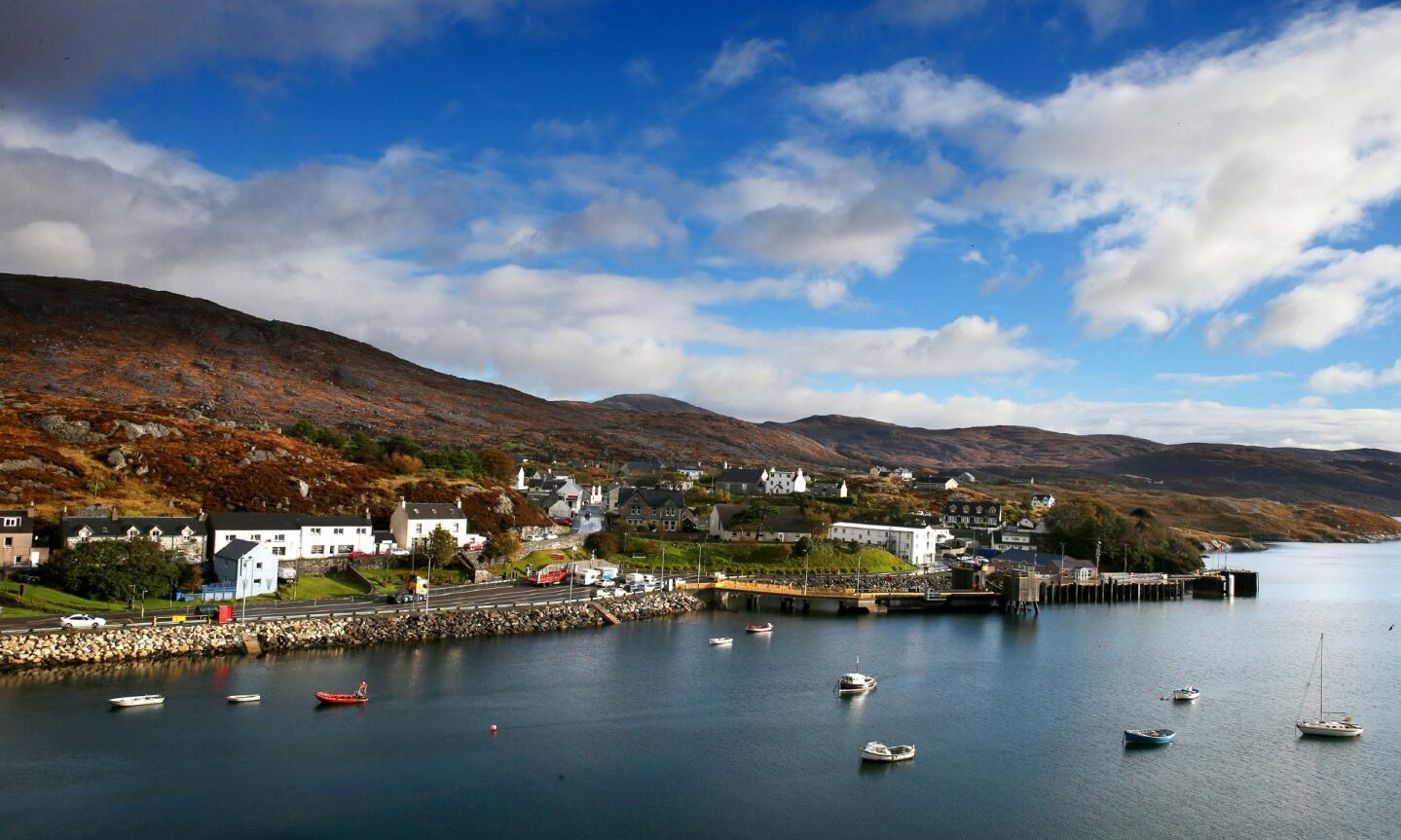
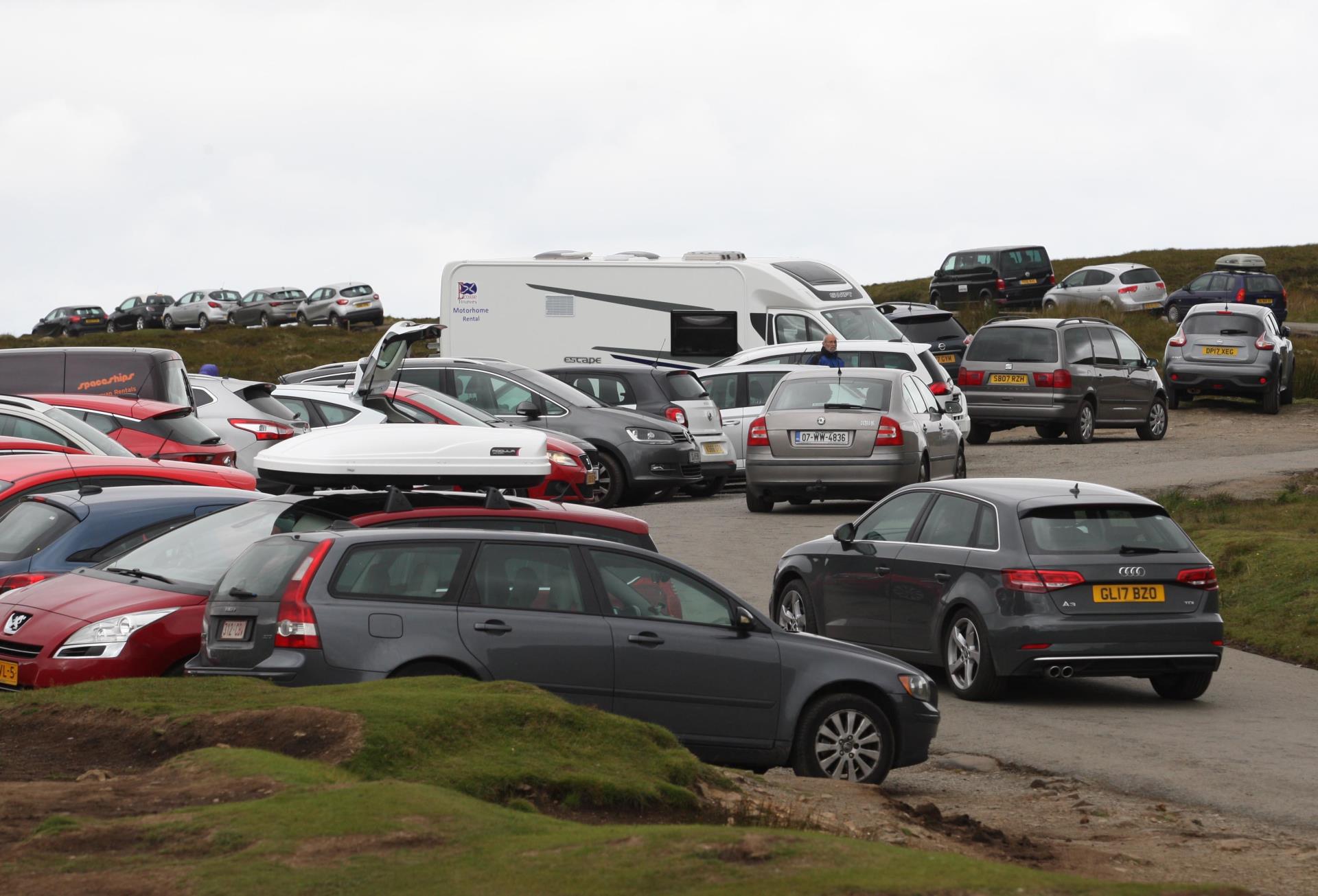
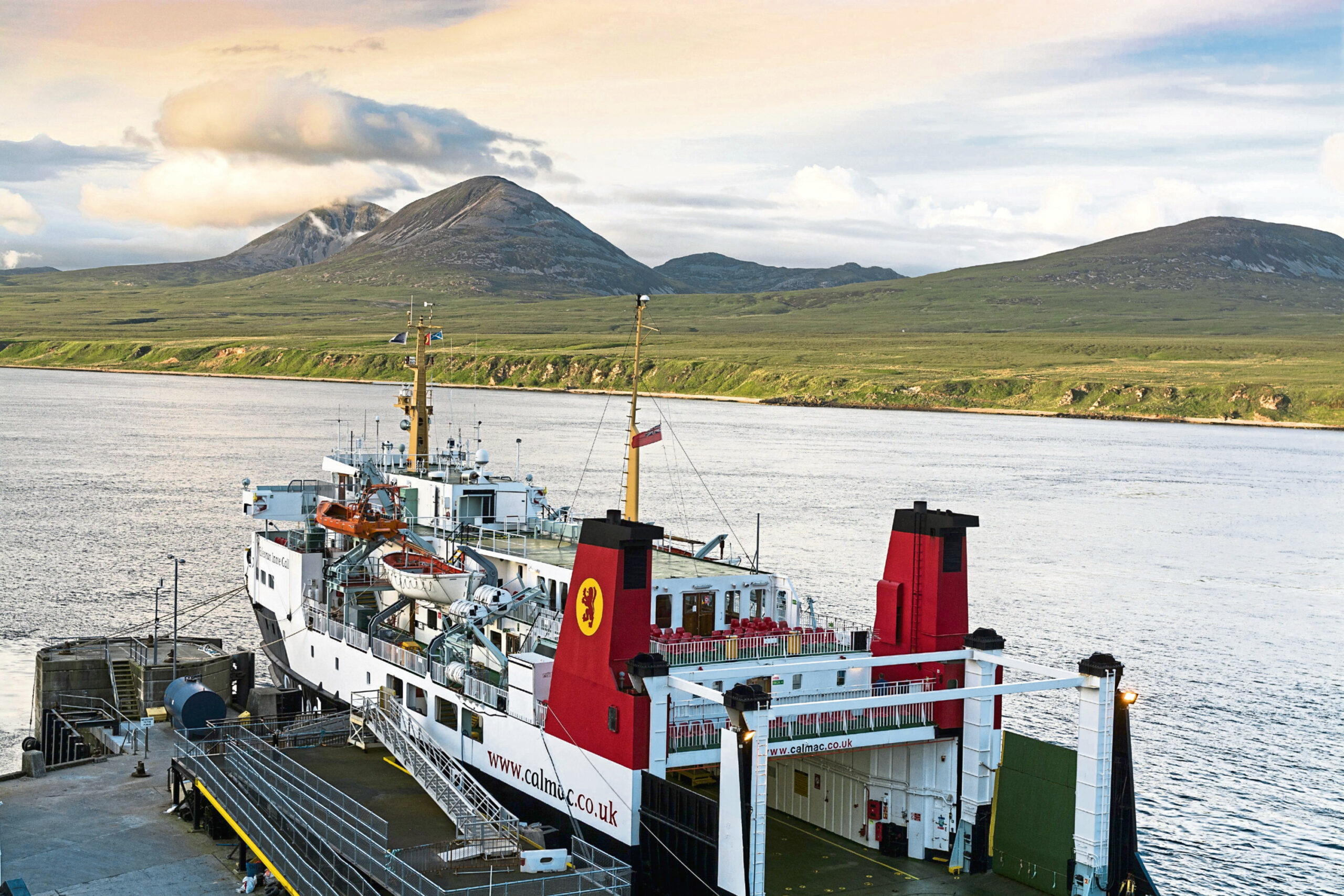
Conversation